In 2022, slightly more than 480,000 EU citizens migrated to Germany, according to a report published on Wednesday by the Federal Office for Migration and Refugees (BAMF).
That’s 2.8 percent more than in 2021, but nowhere near as many as in the years before the Covid-19 outbreak.
Just under 340,000 EU citizens emigrated from Germany in 2022, about the same number as the year before. According to the BAMF figures, net migration from within the EU – i.e. the number of people who move to the country minus the number who leave – stood at 143,515.
This migration balance is slightly higher than in the previous year, but less than half as high as it was six years ago and in the years before.
READ ALSO: Germany’s population grows to 84.3 million amid record migration
Where do most immigrants from within the EU come from?
Germany has seen the most inter-EU migration from eastern European countries such as Poland, Romania and Bulgaria.
Citizens from these countries still make up the majority of EU immigrants since 2022, although far less are moving to the Bundesrepublik than in the years before.
Last year, about 160,000 Romanians, 80,000 Poles and 60,000 Bulgarians moved to Germany, but about 110,000 Romanians, 55,000 Poles and 40,000 Bulgarians also left the country.
The net influx from Romania and Bulgaria is thus only half, and that from Poland only a third as high as in 2015.
This decline is even more pronounced among Croatians: whereas in 2015 about 39,000 more Croatian citizens entered the country than left, in 2022 the figure stood at just 3,300.
Why are less people coming to Germany?
Experts cite three main reasons for this dramatic decline over the years: first, many of those who wanted to emigrate to Germany from their eastern European countries of origin have long since arrived.
More than five million EU nationals currently live here, with Romanians and Poles making up the largest groups at the end of 2022 with about 880,000 people each.
In addition, most countries in eastern Europe are now doing much better economically than they were a few years ago, and young people are increasingly finding good jobs at home, so they don’t have to emigrate.
And thirdly, almost all European countries are facing similar demographic developments as Germany: their societies are aging, with a far smaller pool of young workers than in the past.
However, young people between the ages of 16 and 35 make up by far the largest share of EU immigrants to Germany.
READ ALSO: IN NUMBERS: Five things to know about Germany’s foreign population
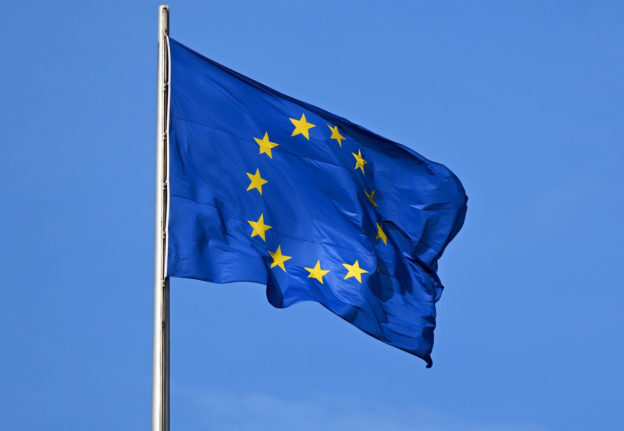
This trend is becoming a problem for the local economy in particular, because it exacerbates the shortage of skilled workers.
For a long time, domestic companies were able to compensate for the lack of German applicants by employing eastern Europeans, who are allowed to work in the Bundesrepublik without any problems due to the EU’s Freedom of Movement regulation.
The fact that the influx from EU countries is weakening significantly – and probably permanently – is one of the main reasons why the German government is trying to make the Bundesrepublik more attractive for skilled workers from non-EU countries.
A new points-based system would also look favourably at immigrants who have a high proficiency in English and have a qualification in one of the fields in which Germany is currently seeing a shortage.
READ ALSO: Germany set to introduce ‘one of most modern immigration laws in the world’

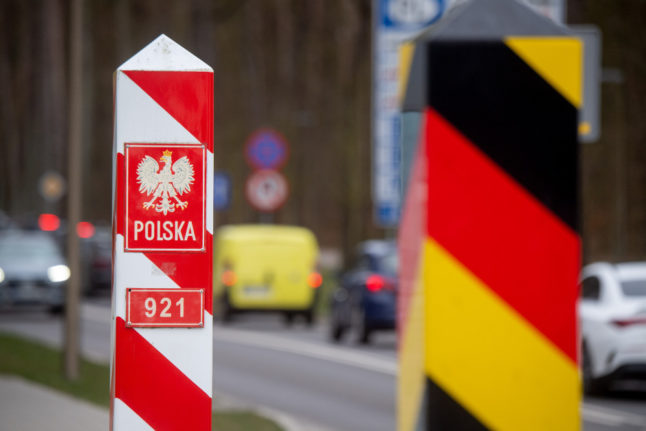
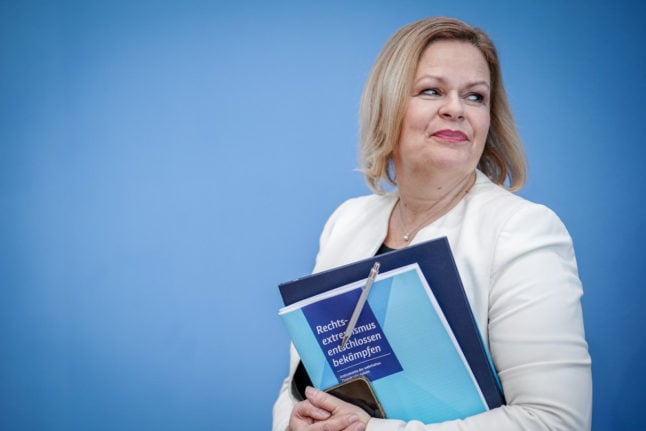

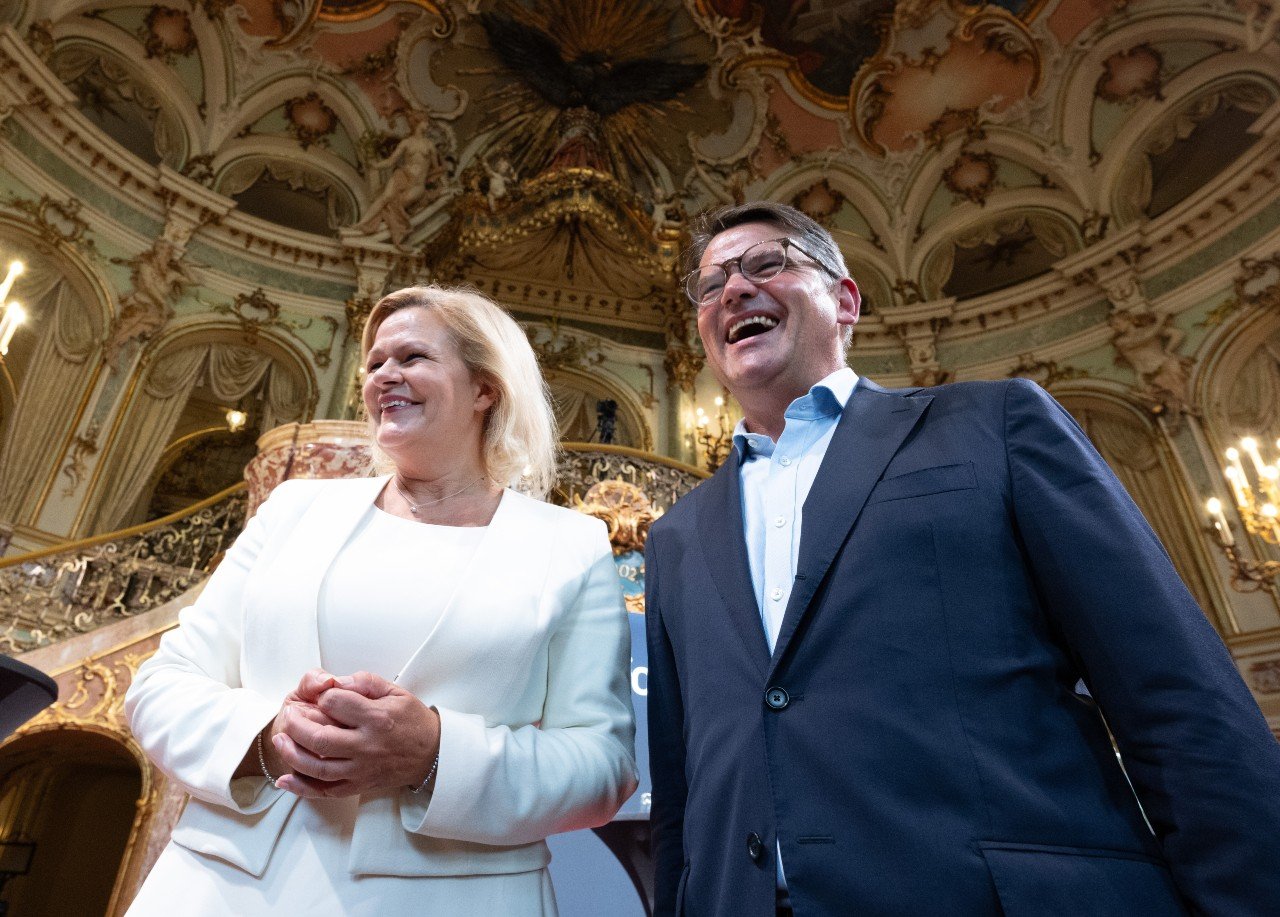
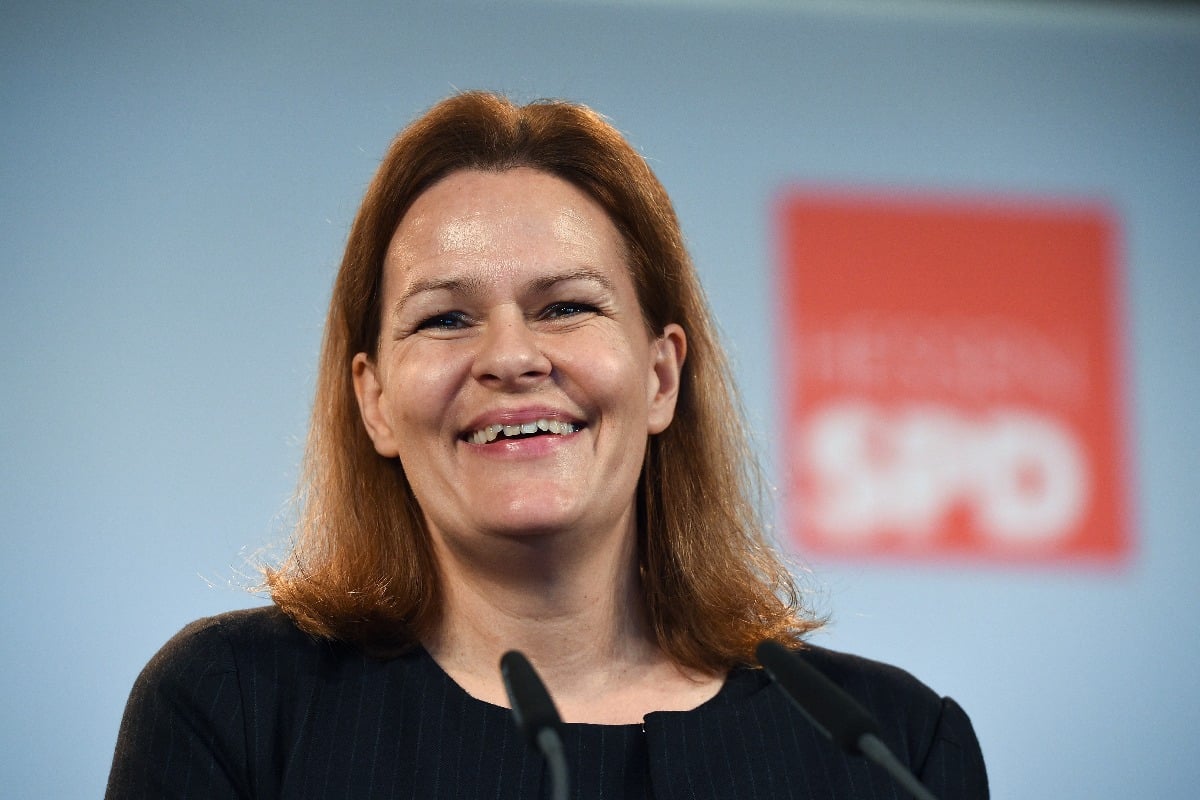
 Please whitelist us to continue reading.
Please whitelist us to continue reading.
Member comments